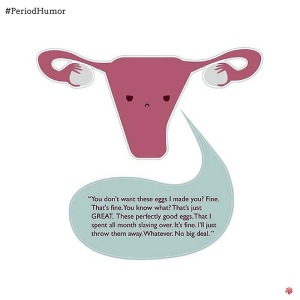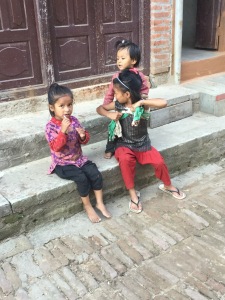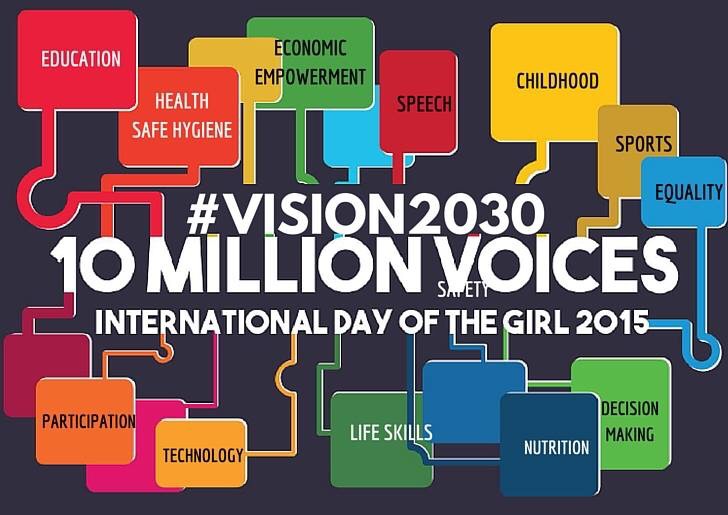My Life at 15
Theblog was originally published here-https://ceezana10.wordpress.com/2015/10/11/my-life-at-15/?preview=true&preview_id=1205&preview_nonce=c601c21a4c on the occasion of International Day of Girl Child Oct 11th!
I am born in a middle class family with good reputation and environment. My parents are educated and they are well known in the society. The priority of my childhood was to complete my schooling. Well there has been always a pressure on me and my cousins to score good marks and always be within top 5 in the class. I was in grade 9 when I was just 15. I was messing with my study and my physical changes. I hated going school in my periods. In my fifteen, none shared me that periods are normal and its natural. Nobody empowered me saying it is indeed good to bleed which symbolizes that I am fertile and I am able to give birth to new ones. I felt really embarrassed whenever I had my periods. I stopped playing with my male cousins and stopped siting in same bench with my male friends. I was juggling with my bodily changes and the societial norms. In school I was learning son and daughter are equal, I found its different in my family and surroundings.
In my fifteen I was suggested to join school scout by my principal but my mother denied. She said to become a Girl Scout I need physical strength which she thought I lacked. I had interest in sports. My dad indeed was the best football player in his time. He wanted a son with whom he could fulfill his dream to become national football player. Although he never showed that he actually wanted a son, he supported me to participate in sports. In my fifteen, I joined my school’s basketball team. We were trained for few months and we discontinued with the reason that we had to attempt School Leaving Certificate examination which means a lot. SLC exam was seen as iron gate and my family + my school had great expectation from me to school atleast 80% as they wanted me to join medical line in the future.
 Even though my family is educated, it is influenced by societal norms and values. It’s a patriarchal community where daughters are believed as the responsibility of a parents to be married off in time. While I was studying in my fifteen, there were my relatives who were eager to fix my marriage. In my fifteen I got my first marriage proposal. I still remember it was winter and it was on holiday when my cousins started giggle. I asked me what’s the matter. They didn’t share instead laughed at me singing songs. My mom didn’t share this to me but my grand mom did. I didn’t know how to react. Is that a good news for me? Should I be happy? Mixed feeling. But my parents were against getting me married in my teen. They said they wanted me to complete my higher education, get job and decide what I wanted in my life. Although my parents stood for me people in my society did not digest that I should take my own decision to decide when, where and with whom should I get married.
Even though my family is educated, it is influenced by societal norms and values. It’s a patriarchal community where daughters are believed as the responsibility of a parents to be married off in time. While I was studying in my fifteen, there were my relatives who were eager to fix my marriage. In my fifteen I got my first marriage proposal. I still remember it was winter and it was on holiday when my cousins started giggle. I asked me what’s the matter. They didn’t share instead laughed at me singing songs. My mom didn’t share this to me but my grand mom did. I didn’t know how to react. Is that a good news for me? Should I be happy? Mixed feeling. But my parents were against getting me married in my teen. They said they wanted me to complete my higher education, get job and decide what I wanted in my life. Although my parents stood for me people in my society did not digest that I should take my own decision to decide when, where and with whom should I get married.
I would like to thank my parents for standing with me. If they had not decided about my future to independence, I guess today I would have been mother of two children depending totally on my husband and getting depressed of my life. Today I am a youth activists advocating for young girls and women for their right to access information and services to sexual and reproductive health. I have never regret of being girl. But the story is not similar to other girls. Girls in Nepal are deprived of education, information and health services. 
Today world celebrated International Day for Girl Child. In Nepal 17 percent of girls become pregnant or mothers for the first time as early as at the ages between 15 and 19 and almost 83 percent adolescents of the same age group lack access to modern contraceptives in Nepal. As a result of early and frequent pregnancies, many women and adolescent girls are undergoing sexual and reproductive health problems. Nepal comes to top 10 position among countries in the world and ranks third in South Asia with the highest child marriage rate.
Stakeholders have said that rampant child marriage is the root cause of many problems such as gender-based violence, reproductive health troubles and school dropout, among others. As a result of rampant child marriage in Nepal, health of both women and girls is at risk.
The data of Nepal Demographic and Health Survey (NDHS), 2011, even suggests only 38 percent of women in Nepal know that abortion is legalized in the country and seven percent of maternal mortality is due to unsafe abortion. Nepal had legalized abortion on September 26, 2002.
So there are unfinished business when it comes to ensuring sexual and reproductive right of girls. Our society must realize that girls are not brides. Gender equality with equity should be ensure for girl. Girls should not hate themselves for being girls. The stereotypical concept of gender should be totally ignored and empower girls in education, sports, technology to achieve national health objectives.







